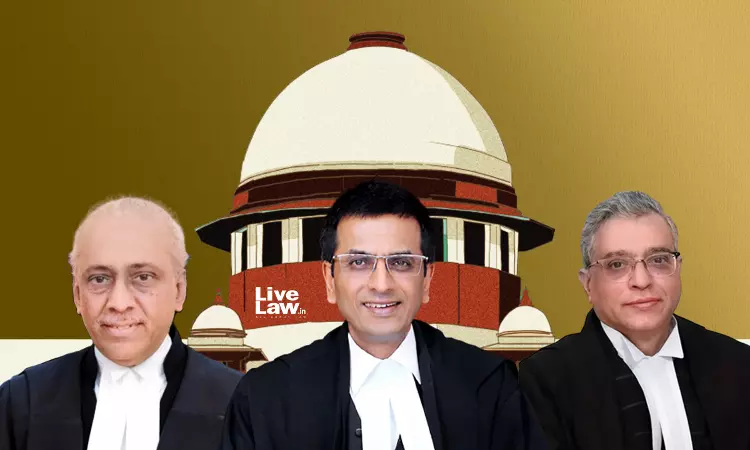Increase In Salary Of High Court Judges Must Reflect In Same Proportion To District Judges : Supreme Court
Padmakshi Sharma
25 May 2023 9:24 AM IST

Next Story
25 May 2023 9:24 AM IST
The Supreme Court, in its judgement accepting various recommendations of the Second National Judicial Pay Commission (SNJPC) on pay, pension, gratuity, age of retirement etc. of judicial officers, remarked that the functions of District judges were essentially the same as High Court judges. Hence, the increase in the salary of the High Court judges should reflect in the pay scale of...
